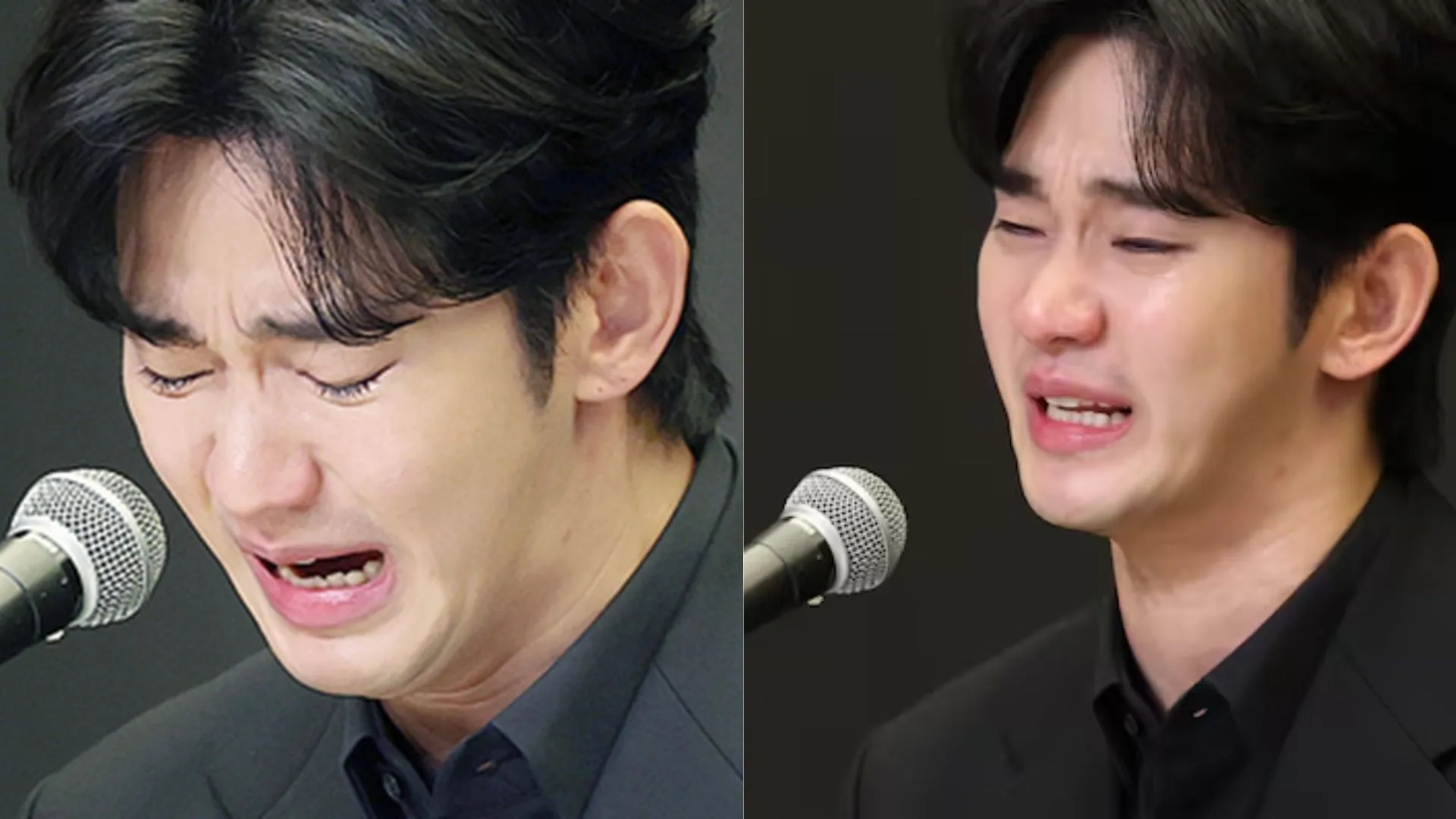The judge overseeing Donald Trump’s criminal hush money case has delayed a ruling on whether an assertion of presidential immunity should knock out the conviction of the president-elect. Judge Juan Merchan had been scheduled to decide Tuesday but instead granted Manhattan District Attorney Alvin Bragg’s office extra time to weigh the situation in the shadow of Trump’s slated inauguration this January 2025.
Trump’s Immunity Argument: Close the Case?
Trump’s lawyers also contend that the Supreme Court ruling in July, which granted immunity from prosecution for presidents in their official capacity, is a basis for moving to dismiss the case against him. Trump’s lawyers argue that the “hush money” counts- those pertaining to the alleged unlawful payoff to adult film actress Stormy Daniels-must be dismissed because the actions allegedly occurred while Trump was in office.
Trump’s defence attorney, Emil Bove, wrote in a court filing that proceeding with the case would interfere with Trump’s presidential duties. “The stay, and dismissal, are necessary to avoid unconstitutional impediments to President Trump’s ability to govern,” Bove wrote in his court filing.
Prosecutors Seek More Time to Pursue Other Options
Justice Merchan, while not ready to render the judgment, in effect granted Bragg’s office more time until November 19 to assess their next course of action with regard to the case. This would give the prosecutors more time to decide whether or not to continue pursuing the case considering the expectation of Trump presidency.
Trump, sentenced in May for falsifying business records to conceal the payment for the tryst with Daniels, is supposed to be sentenced on November 26th. But she would probably have to wait even longer for that since the ruling was delayed.
First Felon Inauguration?
In this case, he would be convicted, making him the first U.S. president—former or sitting—to be convicted of a crime. If the case proceeds, he would become the first president-elect to face sentencing while preparing to take office. Trump has continuously maintained his innocence and vowed to appeal the verdict after sentencing.
Prosecutors Matthew Colangelo concedes “competing interests” are at play, even as he concedes nothing can stop the criminal case – which also has to be weighed against protecting the presidency. “These are unprecedented circumstances,” Colangelo wrote.
The Hush Money Scandal
The central question of the case itself centres on the $130,000 that Trump’s former attorney Michael Cohen paid to Stormy Daniels in 2016. Daniels had then alleged she had an affair with Donald Trump in the year 2006; Trump denied the claims. The payment was aimed at remaining silent over the matter publically when she could have used it to influence voters before Trump won the election in 2016. Prosecutors say it was all part of a scheme to falsify business records, counts on which Trump was convicted of a felony.
Trump pleaded not guilty and insisted that the case is political especially because it has been filed by one of his arch-nemesis, the Democrat Bragg. “It is now abundantly clear that Americans want an immediate end to the weaponization of our justice system,” said Trump campaign spokesperson Steven Cheung in a statement.
Trump Legal Battles: Four Cases on the Horizon
Of course, the quiet money case is only one part of the Trump problem. There are three other ones: federal charges over classified documents and his campaign to undo the 2020 election result. Special Counsel Jack Smith brought two of those cases. A federal judge dismissed the classified documents case in July, but the Justice Department is still considering how to proceed on the election case.
However, another matter, a state-level one pertaining to his efforts to reverse the loss he suffered in the 2020 election within Georgia itself, brings charges against Trump. For this one too, though, there is something of a standoff.
Presidential Immunity: What This Could Mean for Future Cases in Court
An earlier Supreme Court decision had ruled that a sitting president was not subject to prosecution for acts performed under governmental authority. This decision precluded any evidence of presidential acts conducted in an official capacity from being submitted to juries for consideration of personal conduct.
In the hush money trial, Trump’s defence claimed that the jury had already been exposed to evidence about his presidential conduct, that is, his social media posts and conversations with aides during his presidency at the White House. However, Bragg’s office has stated the case to be “wholly unofficial” conduct, thereby not affected by the Supreme Court decision.
What awaits Trump in his trial?
The postponement of the ruling on presidential immunity has sent the case into an uncertain future. Prosecutors can put off their decision until November 19. Now, Trump’s lawyers might argue for a dismissal based on constitutional concerns against presidential duties.
The core of this case is whether a president-who in this case a president-elect-can stand trial on personal acts unrelated to official duties. It is going to significantly influence future processes to prosecute sitting or former presidents.
ALSO READ: Trump’s Day-One Immigration Strategy Includes Border Wall And Military Support























